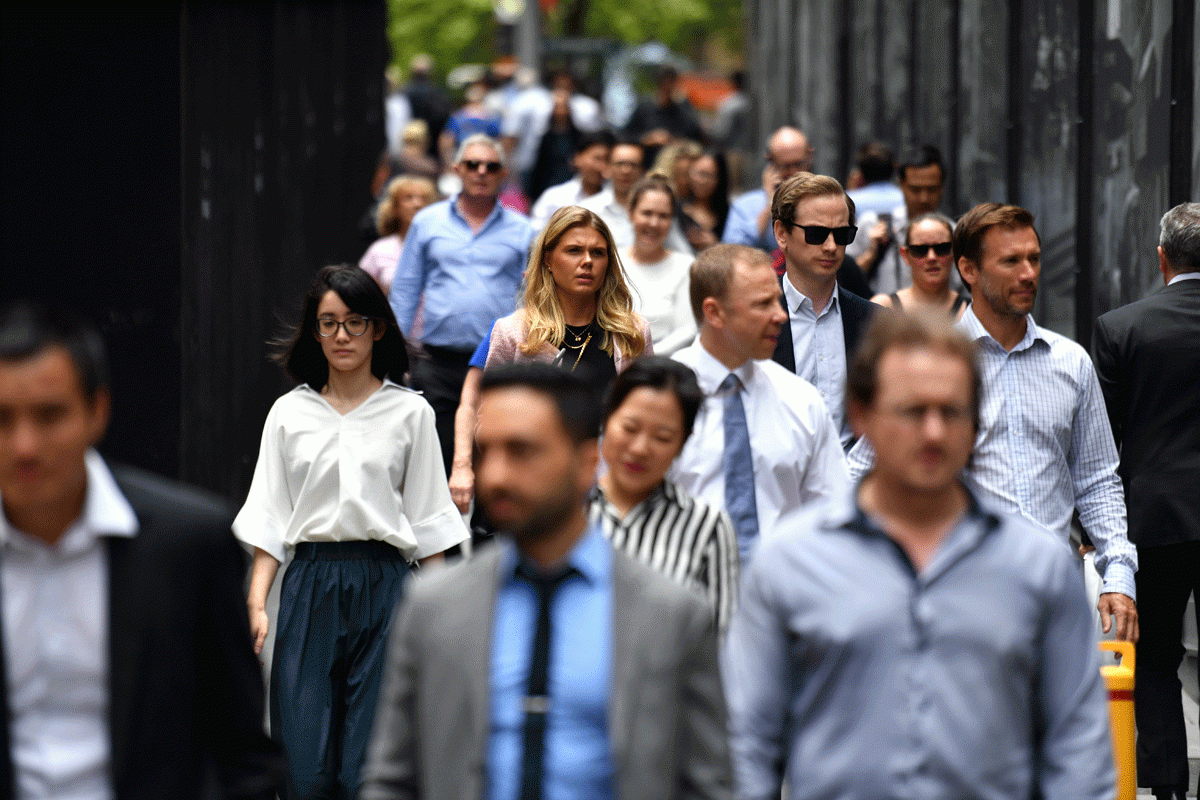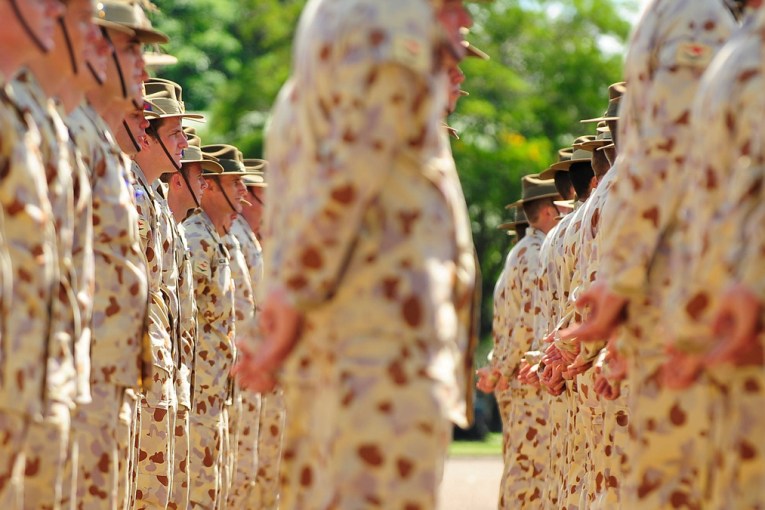Support for a big Australia shrinks, as frustration over housing and overcrowding grows


Close to 70 per cent of Australians polled by ANU said no to a bigger Australia, with housing a key issue. Photo: AAP
Support for a big Australia has shrunk, due to concerns over housing affordability and overcrowding. But experts say a lack of foresight from politicians, rather than population growth, is to blame.
An Australian National University survey of more than 2000 Australians found that only 30.4 per cent were in favour of population growth, a decline of about 15 per cent since a similar question was polled by ANU in 2010.
In August, Australia’s population hit 25 million. The Australian Bureau of Statistics said it has since risen to more than 25.2 million, with one new person added every one minute and 15 seconds.
In November, the ABS forecast that Australia’s population could hit 30 million by 2029, and 49 million by 2066.
The high cost of housing was the most common reason given by survey respondents opposed to a growing population, followed by crowded cities.
“Nearly nine out of 10 people nominated the cost of housing being too high as a reason for not increasing Australia’s population, while 84 per cent of people said that cities are too crowded and there is too much traffic,” lead researcher Associate Professor Nicholas Biddle said.
Blame politicians, not population, for crowded cities and costly housing
ANU demographer Liz Allen warned against conflating issues, such as housing affordability, crowded cities, and high cost of living, with immigration.
“Intergenerational wealth inequality is evident and it’s understandable Australians just want a fair go. But immigration does not necessarily mean higher house prices – migrants contribute net economic benefits,” she said.
Dr Allen said the timing of the survey, which coincided with a controversial speech by Prime Minister Scott Morrison calling for a permanent cap on migration, “undoubtedly framed participants’ responses”.
“The roads are clogged, the buses and trains are full, the schools are taking no more enrolments,” Mr Morrison said in November.
“That’s why we need to improve how we manage population growth in this country.”
Governments across all levels “have failed to adequately invest” in the growing nation, neglecting to build sufficient transport networks, provide education and training, and consider barriers to home ownership, Dr Allen said.
“These ills aren’t the consequence of population, but rather politicians.”
University of Sydney social economist and housing expert Peter Phibbs said that Australia is “playing catch-up with infrastructure”, particularly in Sydney and Melbourne, which are currently growing at around double the rate of other major international metropolises such as London and New York.
“We’ve got to do some decent planning and invest in the necessary infrastructure that can help and take some pressure off Sydney and Melbourne. They’re doing a lot of heavy lifting,” he said.
A ‘fierce and ugly’ debate
From the White Australia policy to Pauline Hanson’s infamous claim that the nation would be “swamped by Asians”, Australia has a long history of race-based discrimination and xenophobia when it comes to questions of population and immigration.
“The current population discourse in Australia has been the most fierce and ugly of recent history,” Dr Allen said.
“Hate crimes, neo-Nazi rallies, and general xenophobia have marred Australia’s proud claim to be the most successful multicultural nation.”
While the survey question was framed around population growth, most respondents appear to have interpreted it solely as growth due to immigration, Dr Allen said.
“Population growth is comprised of both natural increase (births over deaths) and immigration (incoming over outgoing),” she said.
“I’m concerned that reasonable talk of population has been hijacked by fear about Australia’s increasing diversity.”
While Australia may be experiencing growing pains, “the opportunities and benefits far outweigh the challenges”, Dr Allen said.
“Australia’s ageing demographic profile means the pressures on young people to shoulder the economic burden of future taxation dependency presents real risks to the nation’s future,” she said.
“The fact is, in Australia’s demand-driven migration scheme, migrants fill jobs locals won’t or can’t. Migrants don’t take from locals. They make net contributions to the economy.”








